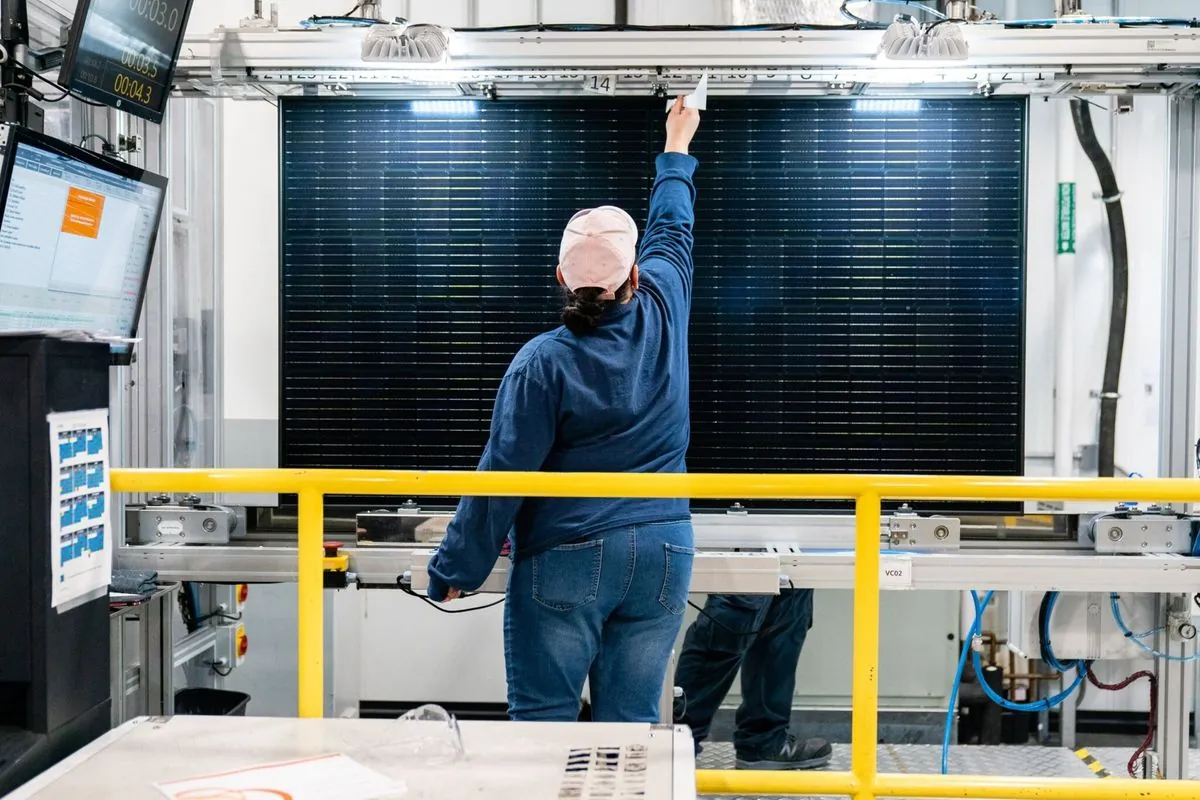The Inflation Reduction Act (IRA), signed into law on August 16, 2022, has demonstrated remarkable resilience in the face of political opposition. Initially met with unanimous Republican rejection, the law has since garnered bipartisan support due to its strategic implementation and economic impact.
The IRA, which allocates approximately $369 billion for clean energy incentives, has sparked a significant surge in private sector investment. In the two years following its passage, U.S. business and consumer investment in clean technologies and infrastructure reached $493 billion, marking a 71% increase from the previous two-year period. This substantial growth has been particularly evident in utility-scale solar panels, batteries, and the electric vehicle supply chain.
The law's impact extends beyond traditional renewable energy sectors. Emerging technologies such as carbon capture and storage and small-scale nuclear reactors have attracted investments from major financial institutions like Bank of America and oil giants including Chevron and Exxon Mobil. This diversification of investment has broadened the law's support base.
Strategically, companies have targeted investments in Republican-leaning states, effectively neutralizing potential political opposition. For instance, Georgia, under Republican Governor Brian Kemp, has successfully attracted battery and solar manufacturers. South Korea's Hanwha Qcells announced plans for a $2.5 billion solar panel factory in the state, while Hyundai Motor and LG collaborated on a $4.3 billion battery plant.
This strategic placement of projects has led to a shift in Republican attitudes. In August 2024, 18 Republican members of Congress urged House Speaker Mike Johnson to protect the IRA's investment and production tax credits, citing job creation and economic benefits in their districts.
"Households in North Carolina had claimed hundreds of millions of dollars in tax credits from the IRA."
While the core tax credits of the IRA are likely to survive potential political changes, other aspects of the law may face modifications. A Republican-controlled government might freeze grants for energy-efficient home improvements or adjust eligibility requirements for clean hydrogen and carbon capture tax credits to favor the fossil fuel industry.
The IRA's design has created a self-reinforcing cycle of investment, making it challenging to repeal. Its tax credits were intended to spark a virtuous circle of investments in green technology, driving down prices and supporting new supply chains and jobs in the United States.
As the law approaches its second anniversary, its impact continues to grow. It aims to reduce carbon emissions by 40% by 2030 and includes provisions for environmental justice initiatives, drought relief in Western states, and support for critical minerals production. The IRA's resilience serves as a testament to the power of strategic policy implementation and the economic draw of clean energy investments.
